By Bob Hicks
Mr. Scatter is all lathered up in the lobby of Keller Auditorium, and Mrs. Scatter is at his side, underneath one of those big-bubble hairdrying doohickies. Each of us is posting live on opening night of Portland Opera’s “The Barber of Seville.” We’ll be updating our respective posts as time allows, so if you read them early, check back: There’ll be more.
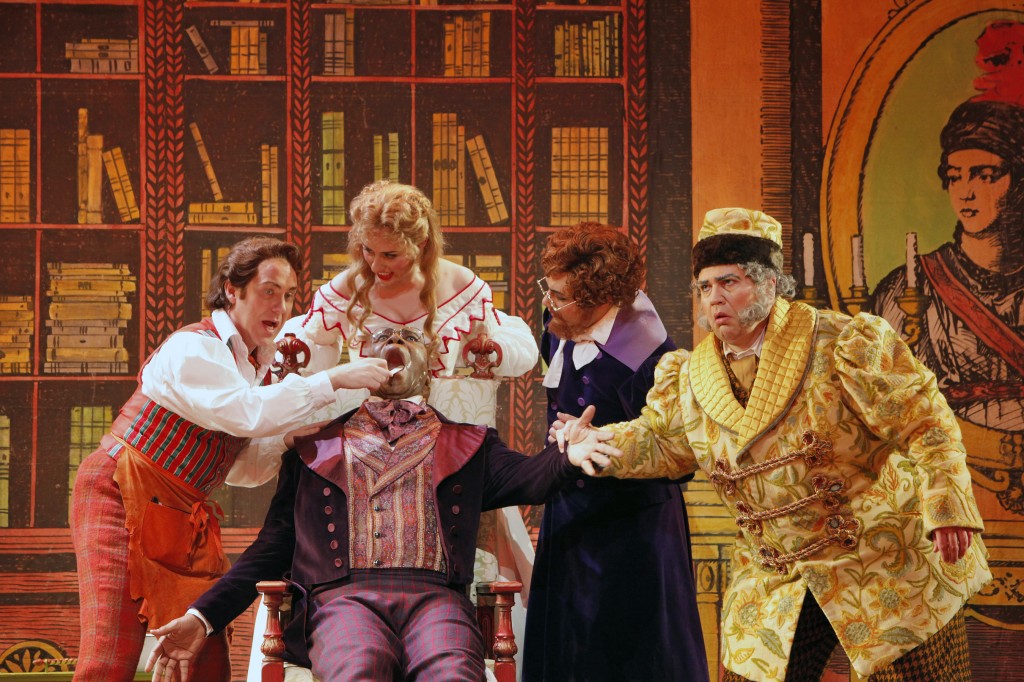
LIVE FROM ART SCATTER WORLD HEADQUARTERS, 5 P.M. FRIDAY, 2.5 HOURS BEFORE CURTAIN, MAY 7, 2010 —
Famous barbers in history:
— Sal “The Barber” Maglie, star pitcher for the Giants, Indians and Dodgers in the 1940s and ’50s, so nicknamed for his eagerness to brush back hitters with high inside fastballs in the vicinity of the jaw and neck. In baseball parlance, he gave ’em a close shave with a little chin music.
— Benjamin Barker, a skilled bladesman from Fleet Street in London, who, after being frightfully wronged by a corrupt judge, took to a life of crime as the infamous “demon barber” Sweeney Todd, casually slitting his customers’ throats so his accomplice, Mrs. Lovett, could grind ’em up and pop ’em into meat pies.
— Samuel Barber, American composer of works including Knoxville: Summer of 1915. In photographs he appears graciously clean-shaven.
— Figaro, the clever schemer of Seville, whose comic adventures among the rich and dissolute are celebrated in two of our greatest operas, Rossini’s 1816 The Barber of Seville and Mozart’s 1786 The Marriage of Figaro. A little confusingly, Marriage is a sequel to Barber, even though it premiered 30 years earlier. The mixup straightens out once you realize that both operas were based on even earlier plays by Pierre Beaumarchais.
It’s The Barber of Seville that brings us to the lobby of the Keller Auditorium tonight, where Portland Opera has invited us to blog on our impressions of the opening night performance of its new production.
Who are we?
— Mrs. Scatter, aka Laura Grimes, co-conspirator of this very blog, who is entering her own version of the evening’s events in another post right here at Art Scatter. I’ll be fascinated to read it once I’ve finished my own. Can this marriage be shaved?
— Brandi Parisi, morning host at All Classical Radio 89.9FM, and no doubt intimately familiar with the territory. She’ll be posting on All Classical’s Facebook page.
— Mike Russell, writer, cartoonist and proprietor of the brilliant CulturePulp, who’ll be creating a cartoon report on his evening at the opera.
— Mr. Scatter, aka me, Bob Hicks.
TO BE CONTINUED …
Continue reading Friday night live: Mr. Scatter gets a shave →


 Glass decided he liked the Portland cast so much that it should be recorded, leading to a double first: Portland Opera’s first-ever commercial recording, and the first full recording of Orphee, part of a Cocteau trilogy by Glass that also includes La Belle et la Bete and Les Enfants Terribles.
Glass decided he liked the Portland cast so much that it should be recorded, leading to a double first: Portland Opera’s first-ever commercial recording, and the first full recording of Orphee, part of a Cocteau trilogy by Glass that also includes La Belle et la Bete and Les Enfants Terribles.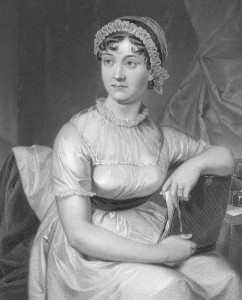 Both works, as the
Both works, as the  Austen’s comedies may be the most precise and practical romances ever written. Obsessed with the often foolishly claustrophobic concerns of a narrow slice of self-satisfied society, they’re also worldly. Within the confines of that small society she discovers a measured universe of human possibility, from the perfidious to the noble. And she does it with one of the slyest, keenest raised eyebrows in all of literature.
Austen’s comedies may be the most precise and practical romances ever written. Obsessed with the often foolishly claustrophobic concerns of a narrow slice of self-satisfied society, they’re also worldly. Within the confines of that small society she discovers a measured universe of human possibility, from the perfidious to the noble. And she does it with one of the slyest, keenest raised eyebrows in all of literature.


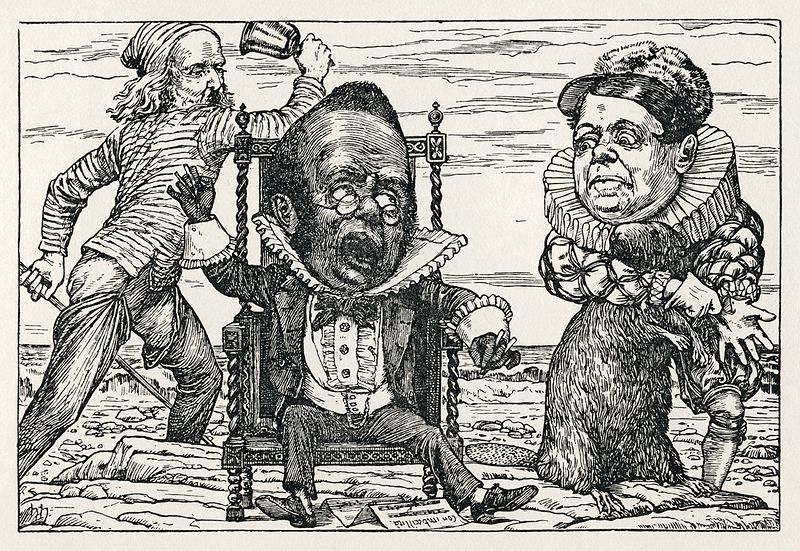
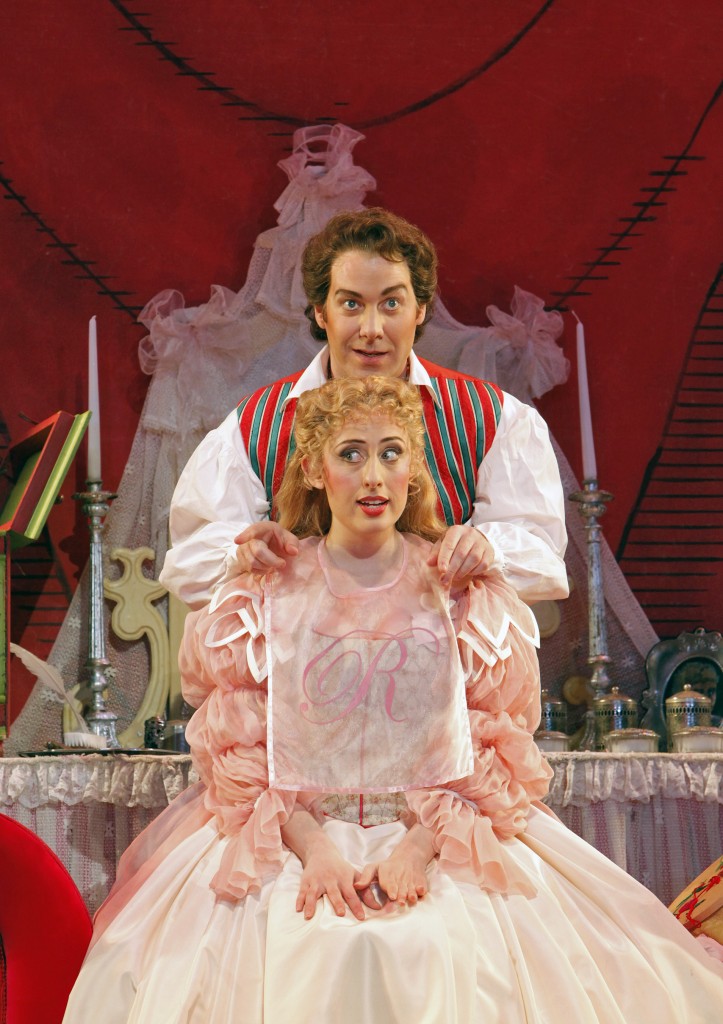 This four-hand feat, by the way, will come just before Mrs. Scatter’s departure on her own quest, this one to far London town on the trail of Tates
This four-hand feat, by the way, will come just before Mrs. Scatter’s departure on her own quest, this one to far London town on the trail of Tates 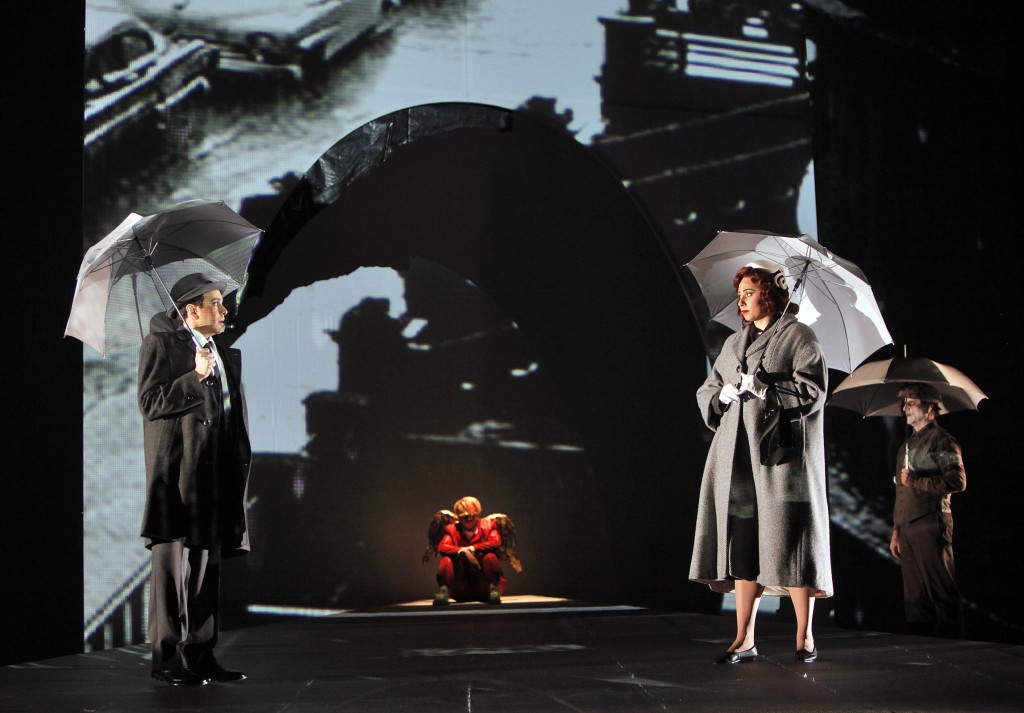
 Witnesses — those “I alone am escaped to tell you” chroniclers of catastrophe and adventure — are crucial figures in the world of the imagination. From the cautioning choruses of Greek tragedies to Melville’s wide-eyed sailor Ishmael, we’re used to the idea of the witness as a cornerstone of civilized life.
Witnesses — those “I alone am escaped to tell you” chroniclers of catastrophe and adventure — are crucial figures in the world of the imagination. From the cautioning choruses of Greek tragedies to Melville’s wide-eyed sailor Ishmael, we’re used to the idea of the witness as a cornerstone of civilized life. From the lofty perch of the present we stand as witnesses to time, looking back on history, rewriting it as we gain new reports from the trenches and rethink what we’ve already seen. We judge, revise, rejudge: In the courtroom of culture, the jury never rests.
From the lofty perch of the present we stand as witnesses to time, looking back on history, rewriting it as we gain new reports from the trenches and rethink what we’ve already seen. We judge, revise, rejudge: In the courtroom of culture, the jury never rests. I have a dirty little secret. It’s so dirty I don’t even add commas between adjectives.
I have a dirty little secret. It’s so dirty I don’t even add commas between adjectives.